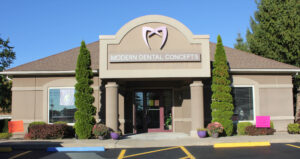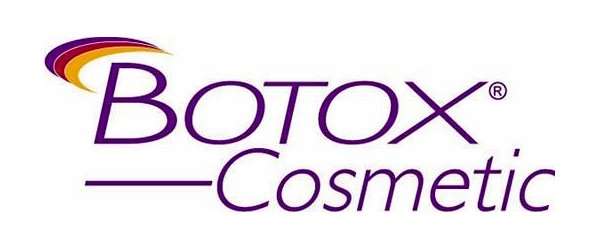One of the major problems that can wreak havoc on your oral health is periodontal disease, more commonly known as gum disease. Plaque and tartar are most often the culprits, so keeping up with cleanings and not allowing build-up is key in avoiding gum recession, gum disease, or even more severe problems like infection or tooth loss.
Gum disease can sneak up on you if you’re not careful! Over time, food and debris begin to collect on the teeth and eventually force their way under the surface of the gums where bacteria can grow and thrive. That’s why brushing, flossing, and semi-annual cleanings are so important to keeping gums their healthiest.
While everyone is at risk for gum disease, some are more at risk than others:
Alcohol and/or tobacco users
Steroid users
Those with systemic diseases
Those using cancer therapy drugs
Those who are pregnant
Early treatment can stop trouble before it starts
Gum disease is caused by a build-up of bacteria found in plaque, which in turn causes the tissue and bone structure to become swollen, sore, and infected. If gum disease isn’t treated at its early stage, it can form pockets in the gums where infection can hide, resulting in pain and tooth loss. And the problems don’t stop there! If the disease is allowed to progress untreated, it can ultimately be linked to such systemic diseases as diabetes, rheumatoid arthritis, heart disease, stroke, and birth complications – and that’s bad news for your overall health and well-being.
The healing begins with scaling or planing
Once all the tartar and plaque are cleaned away, the gums begin to heal. That’s why two periodontal techniques called scaling and root planing are most often used to clear infectious material away from the gums so the healing process can begin.
Scaling is the more routine of the processes and is generally performed during your in-office cleaning appointment by one of our highly-skilled hygienists. During the cleaning, any build-up of tartar and plaque will be removed from beneath the gums to prevent any infection and keep the area as healthy as can be.
Root planing is a technique used for more serious periodontal conditions and involves being able to access the tooth’s roots. During the procedure, the doctor will eliminate any infected tooth roots by smoothing the root’s surface. This procedure is more invasive and will require local anesthesia for the comfort of the patient.
Once one of these treatments has been completed, the teeth will be free of damaging bacteria and the natural healing process can begin. Periodontal disease can be prevented with regular dental visits along with proper care and hygiene. After your treatment, Dr. Nadler or Dr. Sheth Nadler will be happy to explain the best ways to protect your teeth and gums from future periodontal disease.
If you have noticed any changes in bite, tooth loss, tenderness or swelling in the gums, gum recession, or lasting soreness in the mouth, you may be in the early stages of gum disease. One of the major problems that can wreak havoc on your oral health is periodontal disease, more commonly known as gum disease. Plaque and tartar are most often the culprits, so keeping up with cleanings and not allowing build-up is key in avoiding gum recession, gum disease, or even more severe problems like infection or tooth loss.
Gum disease can sneak up on you if you’re not careful! Over time, food and debris begin to collect on the teeth and eventually force their way under the surface of the gums where bacteria can grow and thrive. That’s why brushing, flossing, and semi-annual cleanings are so important to keeping gums their healthiest.
While everyone is at risk for gum disease, some are more at risk than others:
- Alcohol and/or tobacco users
- Steroid users
- Those with systemic diseases
- Those using cancer therapy drugs
- Those who are pregnant
- Early treatment can stop trouble before it starts
If you have noticed any changes in bite, tooth loss, tenderness or swelling in the gums, gum recession, or lasting soreness in the mouth, you may be in the early stages of gum disease. Call our office today, (330) 847-0676 to schedule a periodontal exam.




